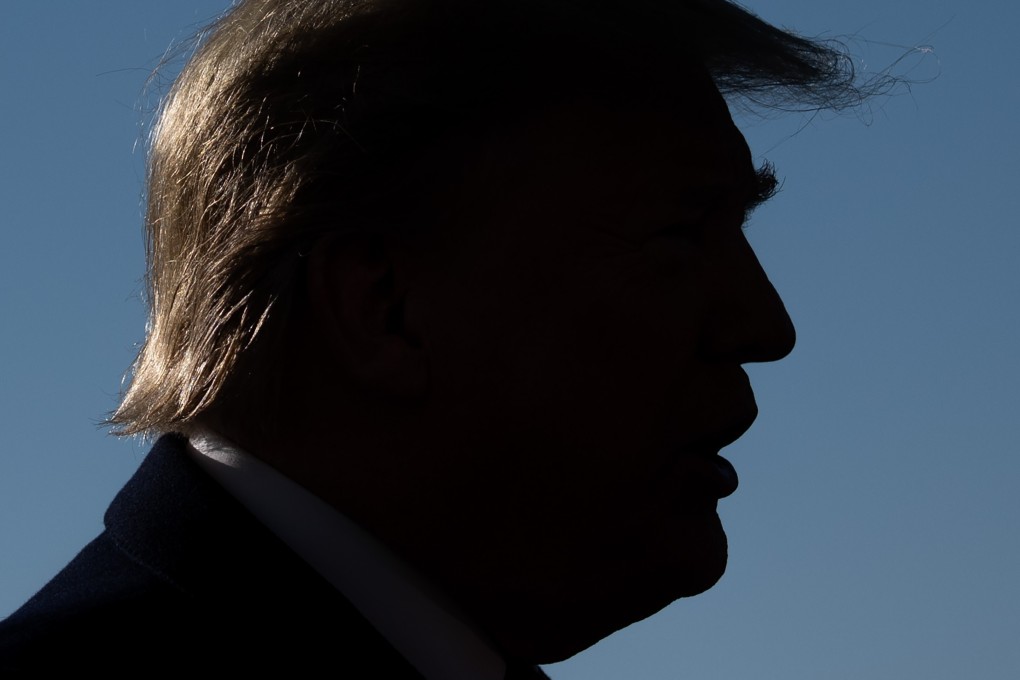Cross-border investments between US and China drop to lowest level in nearly a decade
- Direct and venture capital investments totalled just US$10.9 billion in first half of 2020, report finds
- Pressures unlikely to let up in the year’s second half, with political tensions expected to remain harsh regardless of who wins US presidential election

Investment between the United States and China in the first half of the year dropped to the lowest level in nearly a decade amid escalating political tensions and economic fallout from the Covid-19 pandemic, a new report has found.
For the six months ended June 30, total capital deployed through direct and venture capital investments fell to an estimated US$10.9 billion, from US$26 billion at its 2016 peak, according to the report by Rhodium Group and the non-profit National Committee on US-China Relations.
Moreover, a single purchase accounted for the lion’s share of the US$4.7 billion directly invested by Chinese companies into the US – when the tech giant Tencent paid US$3.4 billion in March for a minority stake in Universal Music Group.
The fall-off reflected the increasingly restrictive policies the Trump administration adopted toward Chinese investment, particularly in the tech industry, the report’s authors, Thilo Hanemann and Adam Lysenko of Rhodium, said.

Venture capital investment, which largely focuses on tech-driven start-ups, was severely affected, the report found, with total Chinese investment in the US falling to a six-year low of US$800 million.